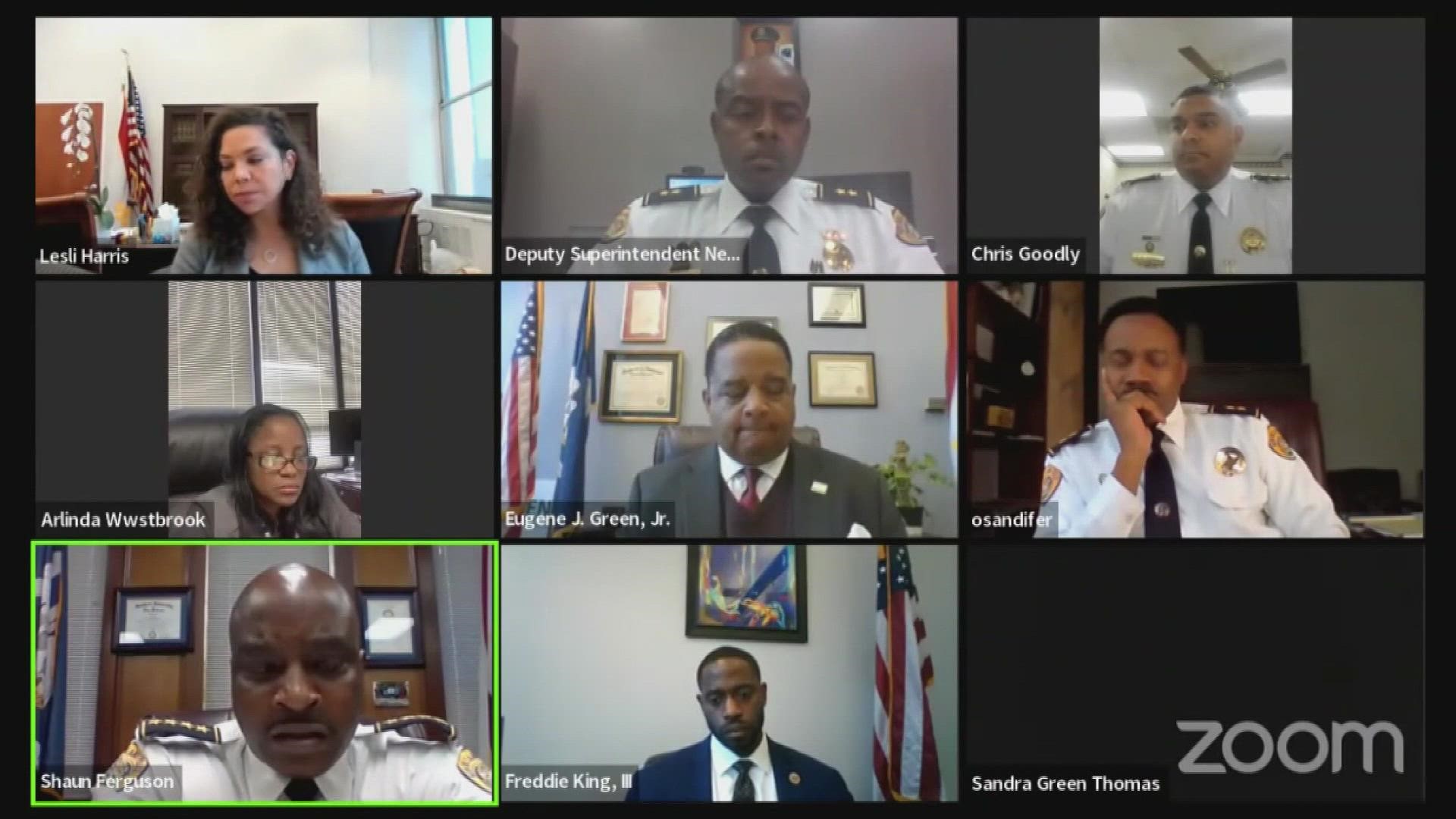NEW ORLEANS — New Orleans is grappling with both a serious crime problem and a cop problem. New Orleans Police Superintendent Sean Ferguson had a tough conversation with City Council Thursday, in which he said the department is getting about half the applications it used to and is about 400 officers short of ideal staffing.
“We are currently staffed at 1058 commissioned personnel,” Ferguson said through Zoom to the council.
Ferguson says about 600 of those officers are personnel who work out on the street. When he started at the department, NOPD had about 1700 officers, he said.
These numbers are not a surprise to Rafael Goyeneche, president of the Metropolitan Crime Commission.
“The ones [officers] that are there are working longer and harder with no relief in sight,” said Goyeneche. He says the department is losing veteran officers, but struggling to replace them even with new, inexperienced officers.
MCC Analysis reveals that since 2019, there has been a dramatic increase in violent crimes. Homicide crimes are up 133 percent, shootings are up 313 percent, and carjackings are up 1100 percent.
“You have now the new city council saying, ‘wait a minute, we need to find out why our crime is surging’. Well, it’s been surging now for over two years,” Goyeneche said.
Residents are so concerned, one woman even started at Change.org petition asking the city council to bring in the National Guard. It has more than 2500 signatures, but not the chief’s support.
“The thought of the national guard is something that’s come up over the last few week,” said Councilman Ronnie King in Thursday’s meeting.
“That is frightening. That is outright frightening to have the military on the streets of New Orleans in my opinion,” said Ferguson. “I just don’t think that’s a look at the City of New Orleans to have the military patrolling their streets. I don’t think we’re that far gone.”
While NOPD can’t rebuild ranks overnight, Goyeneche says one tangible step would be setting aside the obvious tension between NOPD and the District Attorneys’ Office.
And now, under Council’s watchful eye, remembering the common goal.
“I think the fact now that all of this is being aired, even as distasteful as it is, sometimes you can’t fix something until there’s a public recognition that there’s a problem,” Goyaneche said.

